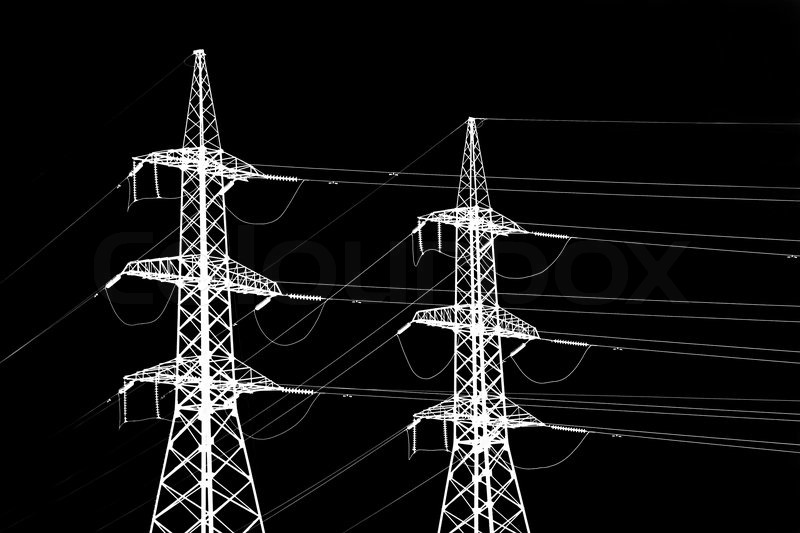- Fed Govt Saves N41b From DisCos Debt Claims
The verification of the N67billion Ministries, Departments and Agencies (MDAs) debt claims, which the 11 electricity distribution companies (DisCos) submitted to the Advisory Power Team (ART) of the Office of the Vice President has saved the Federal Government N41,415,488,965.
In its report dated June 2017, the team recommended that N25,994,511,035 be paid to the DisCos.
Following the report, the N25,994,511 035 that is recommended for payment is to be disbursed among the 11 DisCos in the following order: Abuja-N9,097,417,554; Benin-N882,529,548; Eko-N4,586,160,565; Enugu-N1,954,128,336; Ibadan-N1,812,660,960; Ikeja-N1,271,816,300; Jos-N1,506,588,078; Kaduna-N1,228,151,006; Kano-N1,207735,452; Port-Harcourt-N1,697,887,485; and Yola-N649,435,751.
Consequent upon the conclusion of the verification, the Minister of Power Works and Housing, Babatunde Fashola at the 18 Monthly Power Stakeholder meeting in Kumboso, Kano State, said the sector is awaiting the approval of payment to the beneficiaries.
The document showed that the Ministry of Defence topped the debtors’ list owing 53 per cent of the outstanding claims. The Ministry of Transportation owes nine per cent of the amount, Ministry of Interior seven per cent and the Ministry of Education seven per cent.
The Ministries with the highest numbers of invoices claimed are the Ministry of Interior, which has 37 per cent of the invoices but only seven per cent of the debt claimed value and the Ministry of Finance submitted 14 per cent of the invoices but only owes two per cent of the debt claim, according to the report.
It would be recalled that the demand for the payment of the claims had sparked fire in the sector as the DisCos under the aegis of Association of Nigeria Electricity Distributors (ANED) regularly placed newspapers adverts of how the debts have crippled their investments.
On the other hand, Fashola insisted on the verification of the debt before payment could be made to the companies even as the power firms were reluctant to submit their claims to the ministry for verification.
Meanwhile, the Power Sector Recovery Programme (PSRP) policy action of the Federal Government, insisted on clearing the MDAs debts from 2015 to 2016.
Working with the McKinsey for the detailed desktop analysis and Monotech engineering for Physical Verification analysis, the ART conducted the verification exercise.
The report said that the review began with a claim of N67.41billion from the DisCos but N19.768billion was deducted out of scope, N7.168billion was deducted from “flagged in reports,” N5.781billion was deducted from other adjustments, the team also deducted N6.428billion as addition post response from DisCos, secured N14.408billion from DisCos attestation, and the amount verified post desktop verification was N26.717billion.
It deducted N152million in Abuja from special adjustments which covers streetlights and traffic lights, where the claim was more than the energy consumption.
Upon a physical verification, the report noted that the team achieved a reduction of N56 million across the 11 DisCos.
At the end, the team authenticated a N25,994,511,035 debt claim for the 11 DisCos.
The report also recommended that adequate budgetary allocation must be put for electricity bill payments (estimated at N40billion per year, based on current tariff.
It urged that army barracks nationwide should consider establishing solar hybrid independent power plants
The report suggested that a central platform to view all MDAs customers be created.
The objectives of the verification exercise were to “clarify the debt claims from each of Nigeria’s 11 DisCos) against the FGN MDAs for 2015 and 2016.
“Validate these debt claims using both an analytical Desktop Verification and a field Physical Verification.

 Forex3 weeks ago
Forex3 weeks ago


 Naira2 weeks ago
Naira2 weeks ago
 Billionaire Watch2 weeks ago
Billionaire Watch2 weeks ago




 Naira2 weeks ago
Naira2 weeks ago




 Naira2 weeks ago
Naira2 weeks ago




 Naira1 week ago
Naira1 week ago




 Naira4 weeks ago
Naira4 weeks ago




 Naira3 weeks ago
Naira3 weeks ago






















